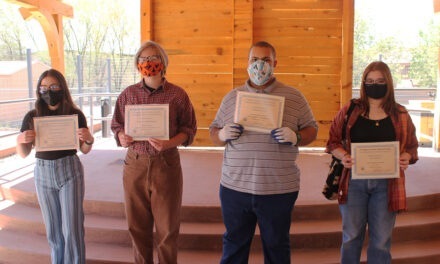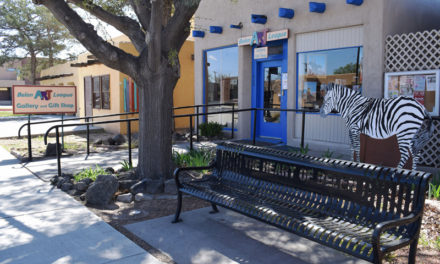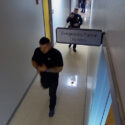It seems almost impossible to write about Rush without using the term “legendary.” But perhaps “mythic” or “godlike” would be a better choice — how else do you describe a band that has produced 17 studio recordings, three live albums and four compilations over the course of a career that spans nearly 30 years?
After an extended absence from the airwaves, the incomparable power-trio from Canada has returned. Though the group released an RIAA gold-certified three-CD live collection, “Different Stages,” in 1998, Rush hasn’t produced any new music for six years. Until now.
Not long after the release of “Test for Echo” in 1996, Rush’s drummer and lyricist, Neil Peart, suffered personal tragedy through the loss of his daughter, Selena, to a car crash in 1997 and his wife, Jacqueline Taylor, to cancer in 1998. Peart, understandably, needed some time to himself and took to the open road, searching for solace and, in the process, writing two books: “The Masked Rider: Cycling in West Africa,” in 1999, and “Ghost Rider: Travels on the Healing Road,” in 2002.
Of course, entertainers crossing mediums is nothing new; actors become singers and models become actors with almost alarming frequency. But what makes Peart’s “Ghost Rider” so significant is that it appears to be the story of what brought him back to Rush and, thus, Rush back to the world.
More interesting, however, is the idea that Rush’s newest album, “Vapor Trails,” seems to be a soundtrack for Peart’s book, as evidenced by the title of the third track, “Ghost Rider.”
Though Peart’s lyrical influences, according to Donna Halper, music-industry insider and friend of the band credited with discovering Rush, stem from some of his literary heroes — Ernest Hemmingway, John Steinbeck, F. Scott Fitzgerald and Ayn Rand, to name a few — the lyrics on “Vapor Trails” are arguably the best he’s written since the epic sci-fi/fantasy-themed “Cygnus X-1,” which crossed over from side two of “Farewell to Kings” to the title track of “Hemispheres.”
While Peart’s inner turmoil is nothing the band purportedly capitalizes on, it subconsciously adds to the performances that fill “Vapor Trails.” Long-time fans of Rush may be jarred and surprised by the lack of elaborate orchestration, intricate instrumental pieces and stunning lead-guitar solos found on previous Rush releases, but “Vapor Trails” offers great complexity and musical variety.
Layers of guitars have replaced most of the keyboards, setting Alex Lifeson free to explore new territories and textures. Lifeson doesn’t have the lead-guitar work on “Vapor Trails” that he’s famed for, but he’s still strong and bold on this album. Geddy Lee is also given more room to play, his bass parts often taking the role of rhythm guitar. The lack of synthesizers also allows Lee’s vocals, repeatedly double-tracked, to be much more dominant on “Vapor Trails,” without submitting to the grating highs of the past. And Peart’s drumming is assured and more tightly woven into Rush’s songs than ever before. His drumming doesn’t move to the front with the incredibly complex rolls and melodies that he’s done in the past, but it is just as effective, if not more so, because it tends to blend better with the work of the other two musicians. With each member of Rush fulfilling his role to the utmost, the arrangements on “Vapor Trails” are intricate and interesting throughout, yet never overwhelming. If “Vapor Trails” proves anything, it’s that Rush is a group of exquisite musicians and consummate professionals who aren’t about to rest on their laurels.
Playing at the Journal Pavilion on Wednesday, Aug. 21, at 7 p.m., however, is likely to be one of the highlights of Rush’s latest tour. Peart has written lyrics for “Vapor Trails” that are filled with sky imagery — “Ceiling Unlimited,” “The Stars Look Down,” “Nocturne,” “Earthshine” and “Vapor Trail,” — that can only be enhanced by the open-air auditorium near the Albuquerque Sunport. Both the music and venue have an expansive feel. They’re a match made in heaven.
Rush will perform at the Journal Pavilion on Aug. 21. Tickets are $68, $48 and $28. Call 883-7800 or go to ticketmaster.
(Editor’s note: J.C. Koschmann has been a fan of Rush for more thatn 25 years.)














